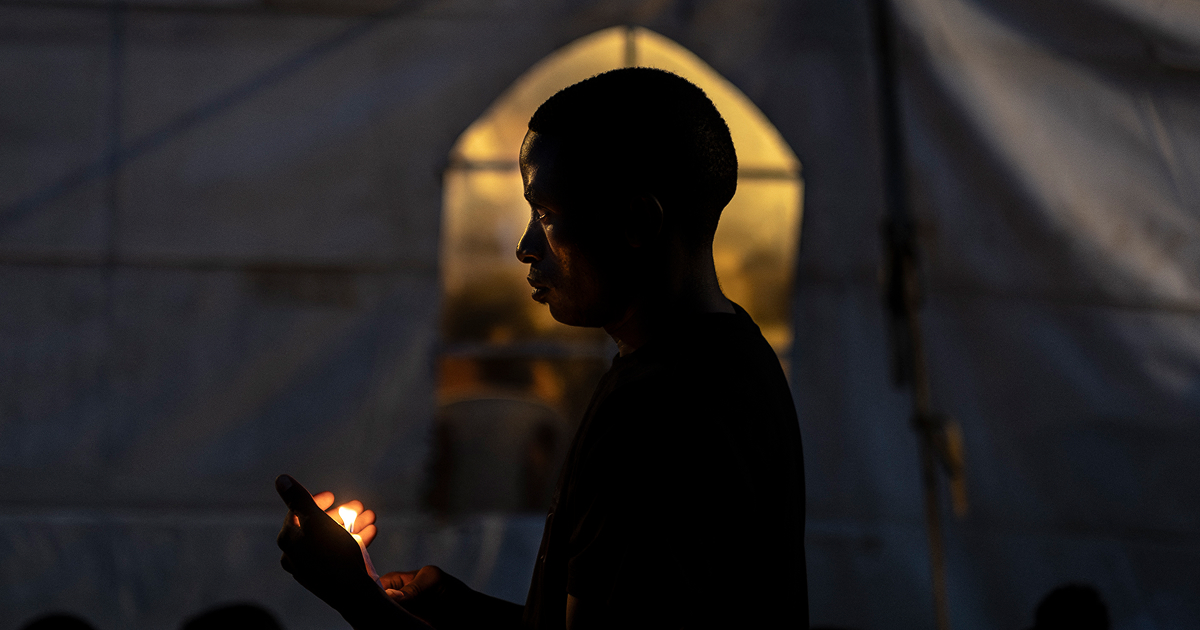Catholic school representatives in the United Kingdom have rejected the conclusions of a report which claims that Catholic primary schools serve fewer students with disabilities or special needs than public schools.
Dr Tammy Campbell of the London School of Economics said in a report faith schools from the Catholic and Anglican Churches in England gave a “relative advantage” for more affluent families whose children do not have special needs.
Over 25 per cent of English children attend Church of England or Catholic schools, both of which are funded by the state.
The report said religious preferences in the schools deter pupils from disadvantaged backgrounds and “serve as hubs of relative advantage,” according to The Guardian newspaper.
It also found that on average, Catholic schools admitted 24 per cent fewer children with education, health and care plans (EHCP) given to special needs students. Church of England schools are 15 per cent lower.
The research “emphasises the need to question properly the function of faith schools in contemporary England,” Campbell said.
A spokesperson for the Catholic Education Service, an agency of the Bishops’ Conference of England and Wales, said, however, that national figures actually show Catholic schools admitted a higher proportion of pupils from deprived areas and fewer pupils from affluent areas.
“Catholic schools welcome children with special needs, and parents will want to choose the school that is best for their children’s needs,” the spokesperson said.
“For a child with an EHCP, it is the local authority, not the school, that makes the decision about which school the child will attend, based solely on the child’s needs,” the spokesperson said.
“If parents decide that the local mainstream Catholic school is not the best fit for their child’s particular needs, they might instead opt for another school, such as a Catholic special school or a Catholic school approved for pupils, of which there are 26 in England and Wales,” the spokesperson said.
Nigel Genders, the Church of England’s chief education officer, said its schools “exist to serve the whole community, including people of all faiths and none” and were committed to prioritising the needs of the most vulnerable.
“While the research gives no strong evidence that arrangements by admissions authorities for Church of England schools are a barrier to special educational needs and disability applications, the Church is taking active steps to promote equal educational opportunities through our national professional qualification programs, which train leaders in evidence-based practice, and supporting schools through trauma-informed practice and networks for leaders,” Genders told the newspaper.
(Photo: Simon Caldwell)
Catholic school representatives in the United Kingdom have rejected the conclusions of a report which claims that Catholic primary schools serve fewer students with disabilities or special needs than public schools.
Dr Tammy Campbell of the London School of Economics said in a report faith schools from the Catholic and Anglican Churches in England gave a “relative advantage” for more affluent families whose children do not have special needs.
Over 25 per cent of English children attend Church of England or Catholic schools, both of which are funded by the state.
The report said religious preferences in the schools deter pupils from disadvantaged backgrounds and “serve as hubs of relative advantage,” according to <em>The Guardian</em> newspaper.
It also found that on average, Catholic schools admitted 24 per cent fewer children with education, health and care plans (EHCP) given to special needs students. Church of England schools are 15 per cent lower.
The research “emphasises the need to question properly the function of faith schools in contemporary England,” Campbell said.
A spokesperson for the Catholic Education Service, an agency of the Bishops’ Conference of England and Wales, said, however, that national figures actually show Catholic schools admitted a higher proportion of pupils from deprived areas and fewer pupils from affluent areas.
“Catholic schools welcome children with special needs, and parents will want to choose the school that is best for their children’s needs,” the spokesperson said.
“For a child with an EHCP, it is the local authority, not the school, that makes the decision about which school the child will attend, based solely on the child’s needs,” the spokesperson said.
“If parents decide that the local mainstream Catholic school is not the best fit for their child’s particular needs, they might instead opt for another school, such as a Catholic special school or a Catholic school approved for [special needs] pupils, of which there are 26 in England and Wales,” the spokesperson said.
Nigel Genders, the Church of England’s chief education officer, said its schools “exist to serve the whole community, including people of all faiths and none” and were committed to prioritising the needs of the most vulnerable.
“While the research gives no strong evidence that arrangements by admissions authorities for Church of England schools are a barrier to special educational needs and disability applications, the Church is taking active steps to promote equal educational opportunities through our national professional qualification programs, which train leaders in evidence-based practice, and supporting schools through trauma-informed practice and networks for leaders,” Genders told the newspaper.
<em>(Photo: Simon Caldwell)</em>


















